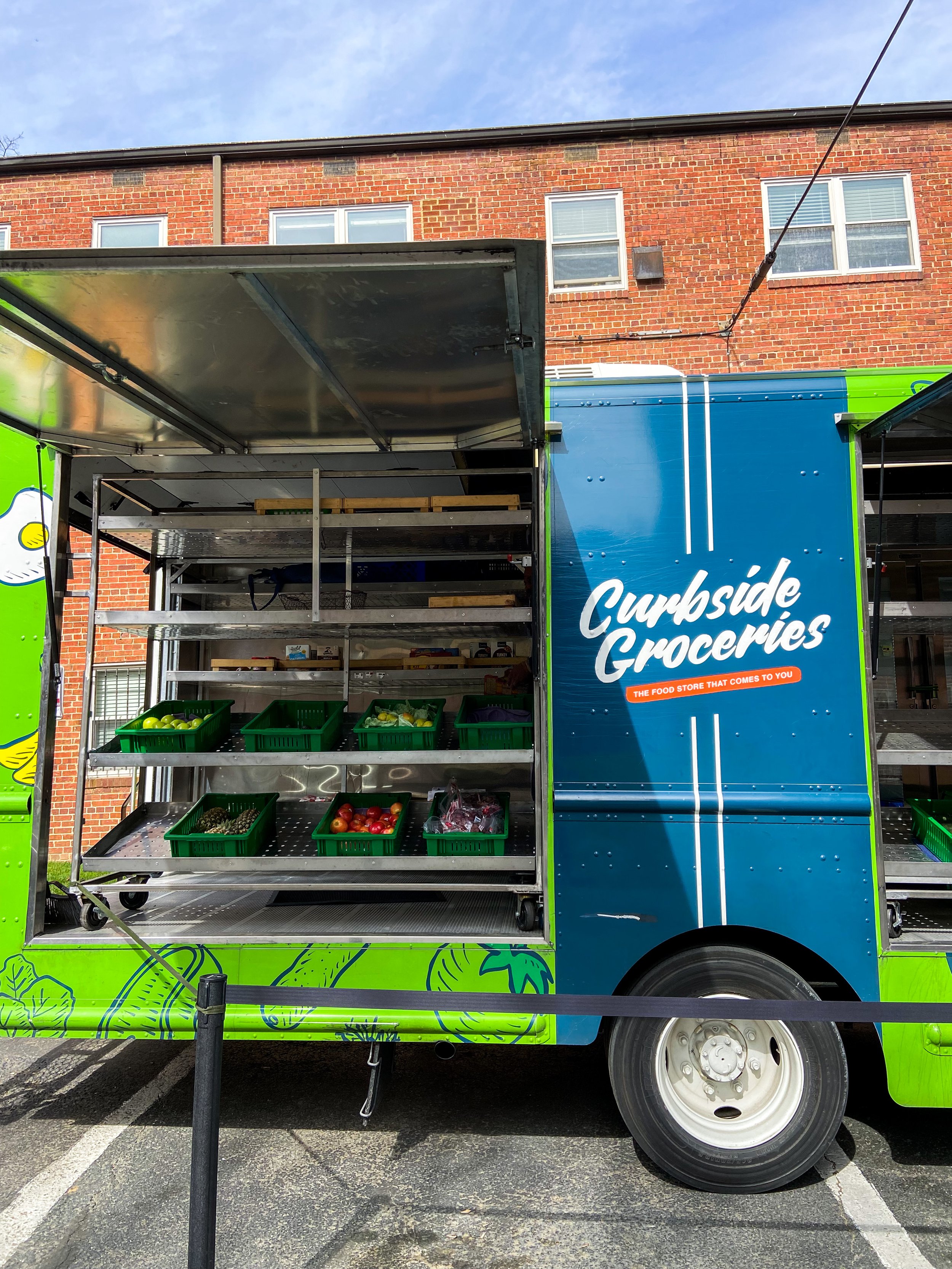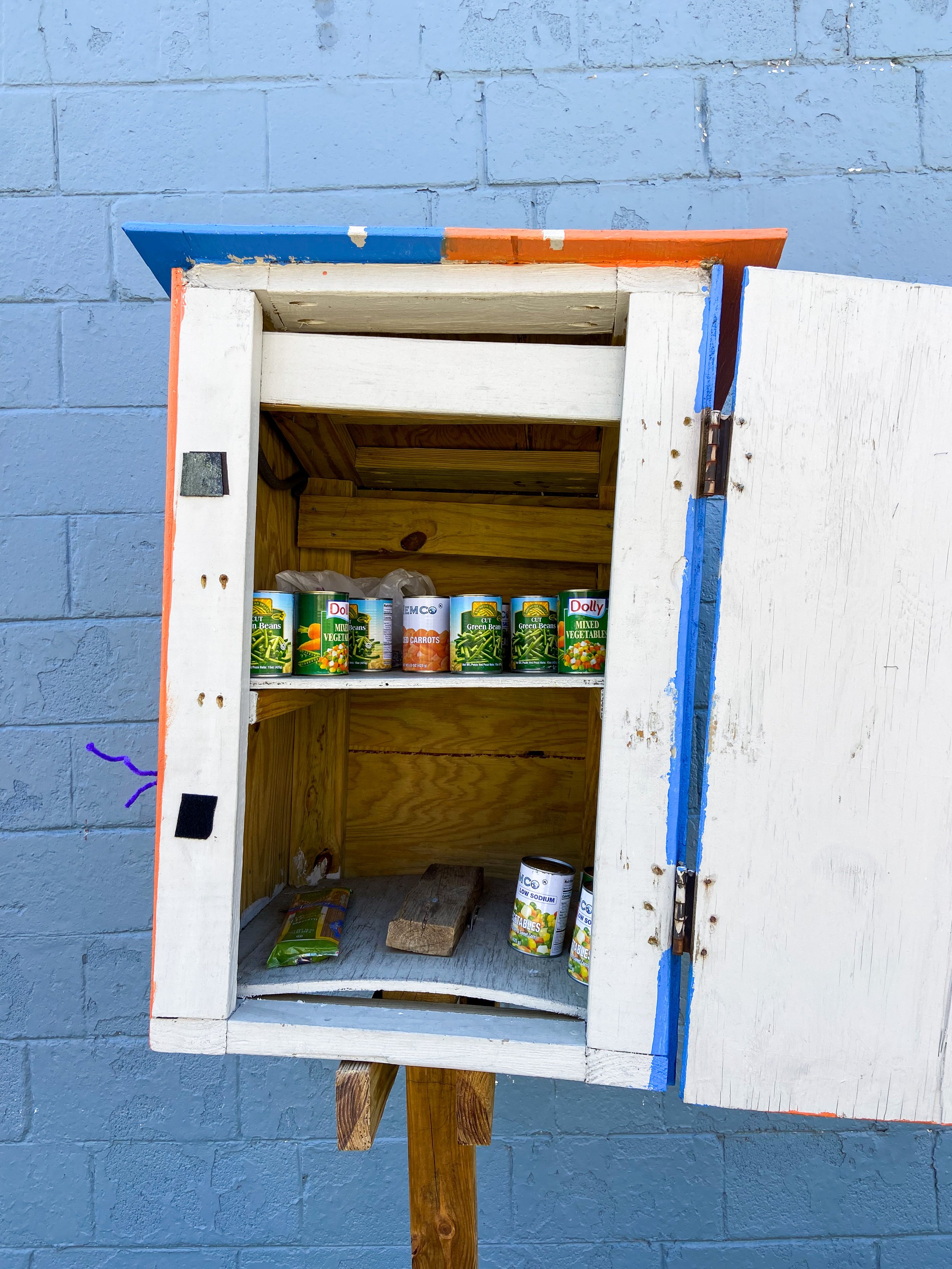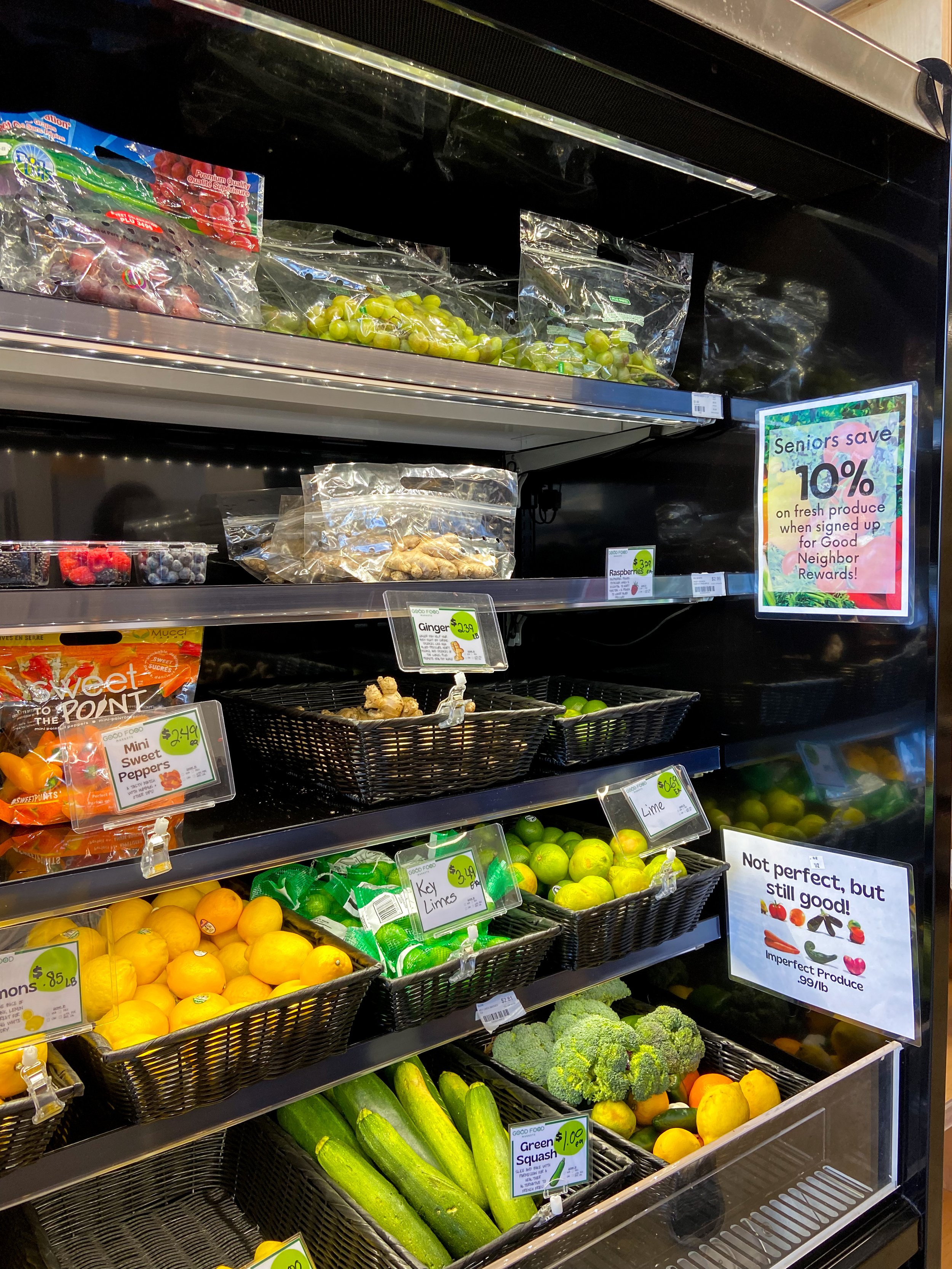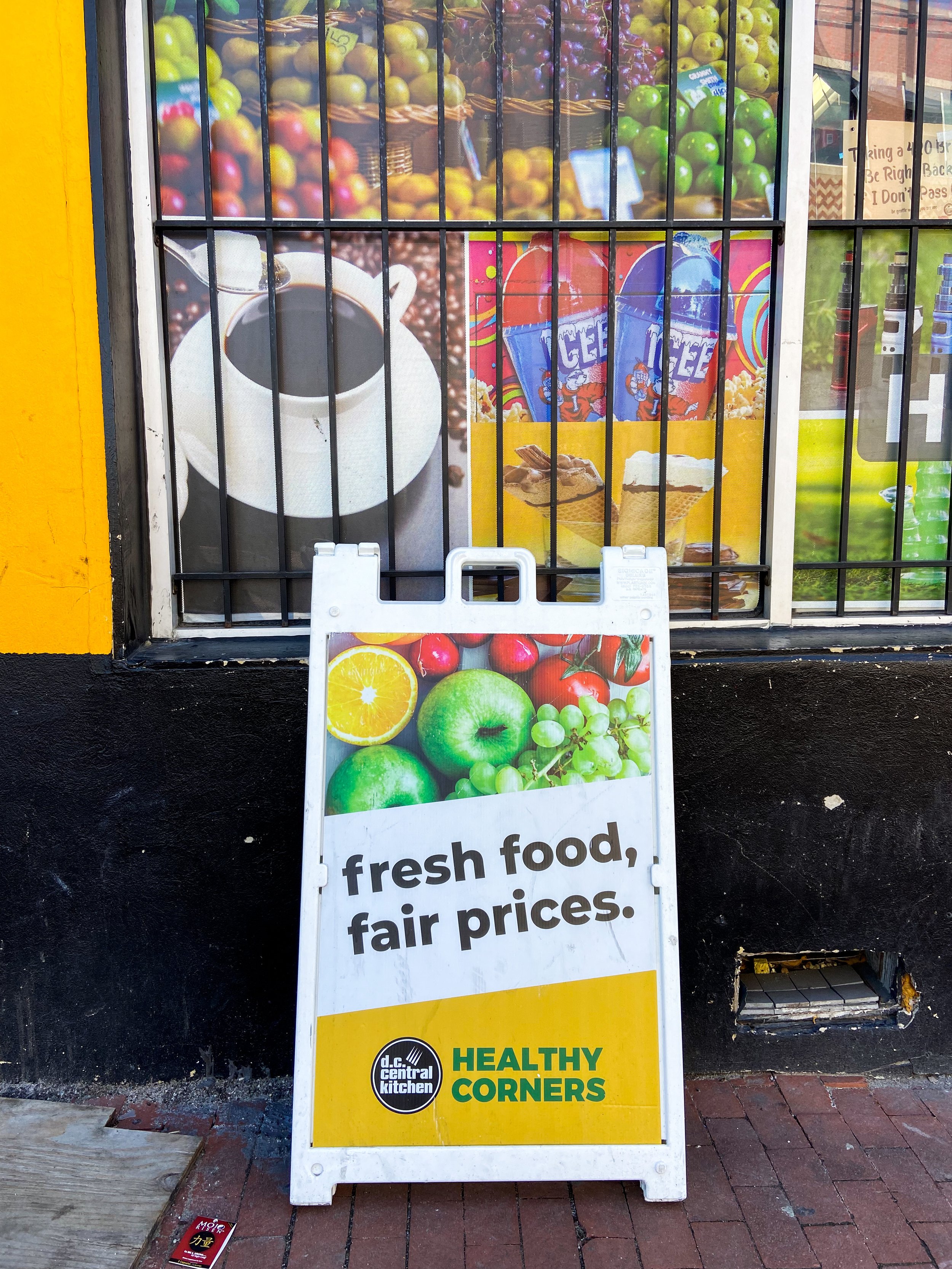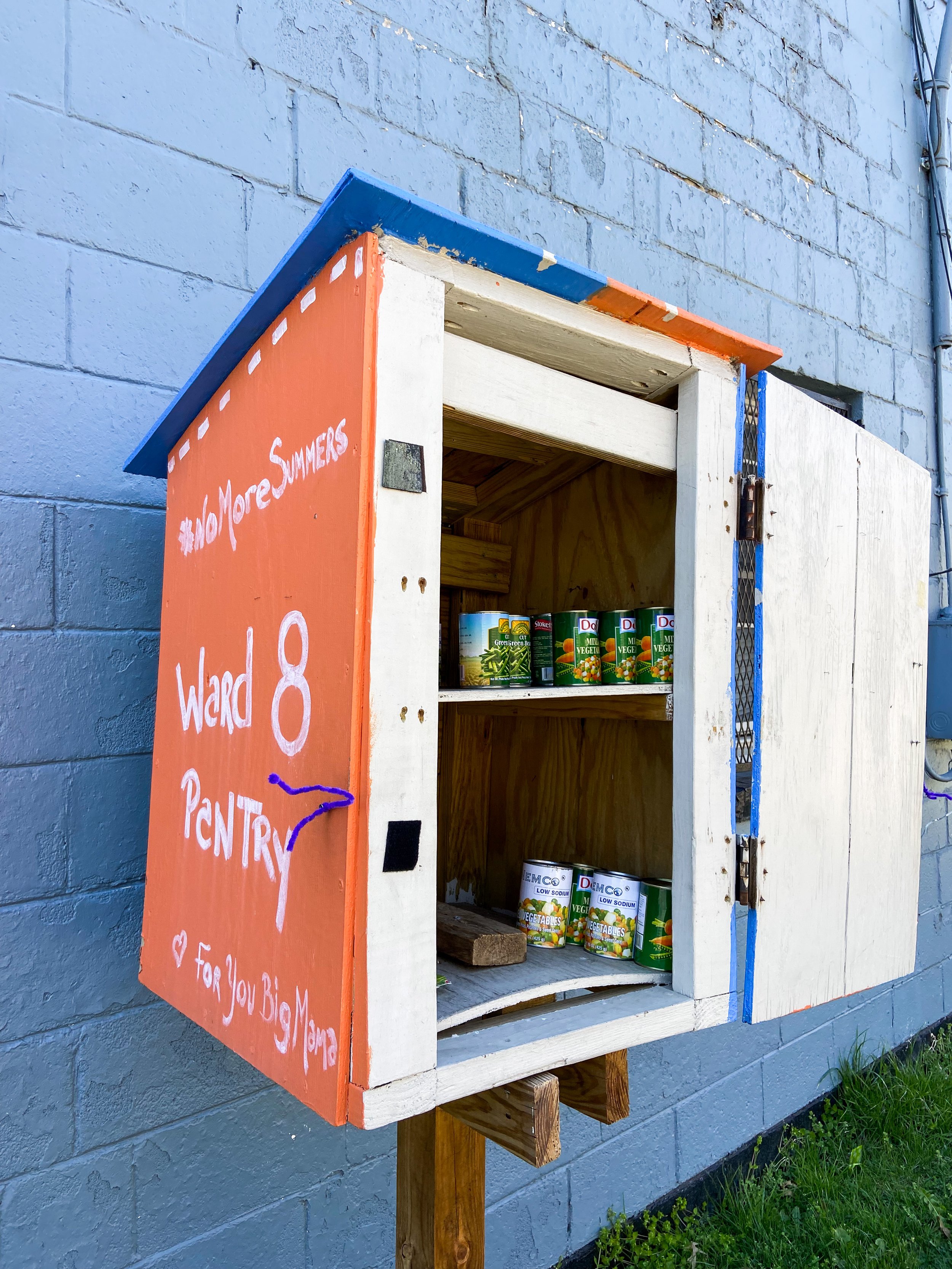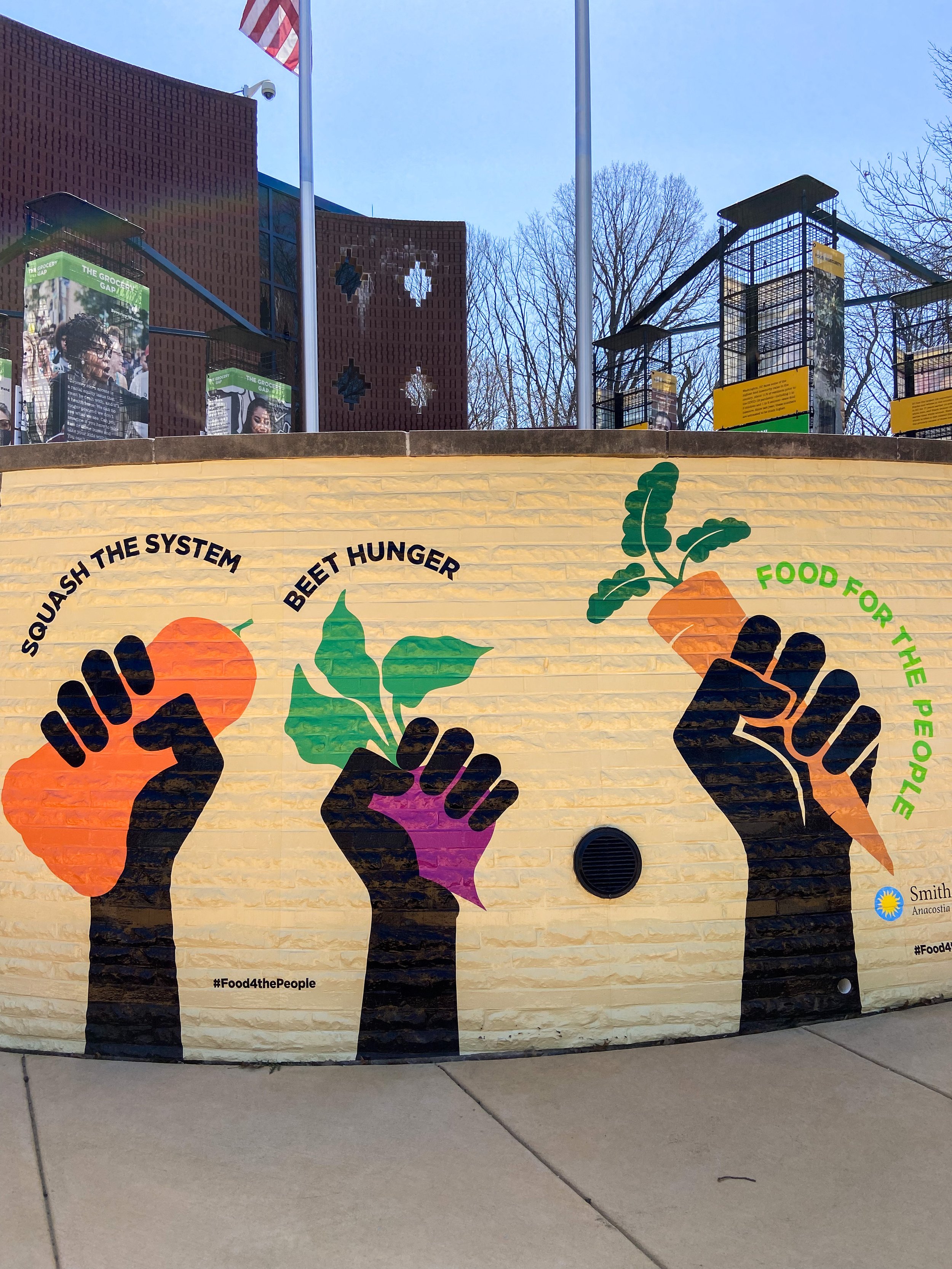As part of the global Map The System competition, I researched the causes of food insecurity among residents of Wards 7 & 8 in Washington, D.C.
location
Washington, D.C.
date(s)
January-April, 2022
Team
Eugenia Chow
Jaya Dayal
―
Food insecurity is a pressing systemic issue in Washington D.C. in Wards 7 and 8, whose residents are primarily from low-income Black and Brown communities. This problem is exacerbated by discriminatory urban planning practices, a lack of affordable housing, and rapid gentrification which pushes residents out of central parts of D.C. to Wards 7 and 8 and contributes to generational social and racial equity issues. Inefficient government actions that do not center community input and the fixation on profit-based models by corporations and governments also perpetuate these issues, along with many stigmas surrounding residents of Wards 7 and 8 regarding welfare programs and poverty. Community-centered approaches by residents and non-profit organizations have the power to address the systemic roots of barriers to food access in Wards 7 and 8 but need to be prioritized to effectively address this issue.
Summary of Our Findings:
1.
Solutions must center the agency, identity, and humanity of communities so that all voices are included in decision-making.
2.
Solutions may already exist within communities, but they must be realized and scaled by budgetary investments to support the expansion of programs, and this level of scaling will require cross-sector partnerships and public/private collaborations.
3.
There needs to be greater investment in frequent and reliable public transportation infrastructure address to ensure that residents are provided with safe and convenient experiences to access the food they need.
Centering racial equity is key to any successful initiative to address food insecurity. Without recognizing the significant impact that policies such as redlining continue to have on communities today, solutions that address systemic roots will not emerge.
4.
5.
Framing food as a right and shifting away from profit-centered motivations that view food as a commodity. It is important to focus on food justice, not just food accessibility in order to work towards sustainable solutions.
